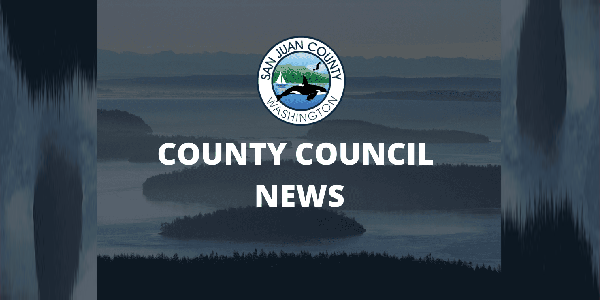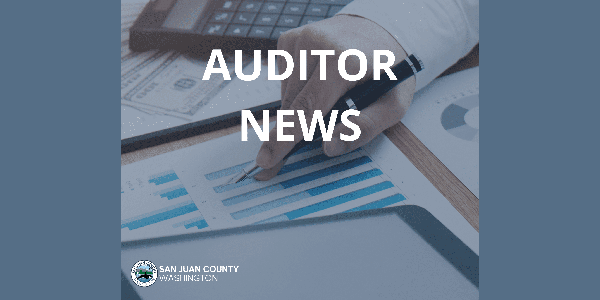||| FROM STATE DEPARTMENT OF HEALTH |||
OLYMPIA — To help stop the spread of monkeypox virus, the Centers for Disease Control and Prevention (CDC) announced plans to distribute a limited amount of vaccine to Washington state. Because there is a limited supply from the federal government, allocations are based on the number of monkeypox cases in each state.
Due to the relatively small number of cases here compared to other jurisdictions, Washington state has been allotted 398 courses (796 doses) of the 2-dose JYNNEOS vaccine. Of that allotment, 272 courses have already been distributed to jurisdictions with known cases and close contacts.
Currently, 15 confirmed and probable cases of monkeypox have been identified in Washington state, including one person who was exposed in another state, but tested positive in Washington. All other cases are residents of King County.
Early cases of monkeypox were identified in people who had travelled outside of Washington state. More recently, cases have been identified in people who have no history of recent travel, meaning they were likely exposed to monkeypox locally. Investigators are working to notify close contacts of these cases.
“The risk to the public is low at this time. Transmission generally requires close, skin-to-skin contact with someone who has symptoms of the disease,” said State Epidemiologist for Communicable Diseases, Scott Lindquist, MD, MPH. “For people who have had recent contact with someone who tested positive for monkeypox, the vaccine can reduce the chance of developing a monkeypox infection.”
Monkeypox vaccines
Due to current limited vaccine supplies, Phase I calls for the government to allocate 56,000 doses from the strategic stockpile using a tiered distribution strategy that prioritizes states and jurisdictions with the highest case rates of monkeypox.
In late July or early August, Phase II will make 240,000 additional doses available nationwide. Eventually, more than a million doses are planned for distribution across the US. It is unknown how many additional doses Washington state will receive.
The majority of Phase I doses will be used to vaccinate high- and intermediate-risk close contacts of confirmed and probable cases. A limited number will be given as pre-exposure prophylaxis to laboratory workers who directly handle specimens. Public health officials say once they know how much vaccine is coming to Washington and when, they will be able implement plans to vaccine high-risk individuals who have not been exposed. Without additional supplies from CDC, there are no plans to hold vaccination clinics or distribute vaccine to providers.
The CDC does not consider monkeypox an occupational risk for health care professionals and does not currently recommend vaccinations.
Who is at risk?
Monkeypox can cause flu-like symptoms, swollen lymph nodes, and a rash that can appear anywhere on the body. In the current outbreak, many cases have presented with lesions on the genitals or in the anal area. Some people have initially had rectal pain, with or without flu-like symptoms.
Anyone can get monkeypox, but some people are at a higher risk. Unlike the virus that causes COVID-19, monkeypox is primarily spread through close contact and does not spread through the air over longer distances. Brief interactions that do not involve physical contact and health care interactions conducted using appropriate protective equipment are generally considered low risk.
While the current cases nationally and internationally mainly involve men who have sex with men, anyone who is sexually active with multiple partners or who are partners with someone who has sex with multiple partners can be at risk for being exposed to monkeypox. Other risk factors may include travel to areas where monkeypox is spreading, close, non-sexual contact with a known case, or contact with sick animals. To protect yourself and others from monkeypox or sexual infectious diseases, DOH recommends practicing safe sex methods and avoiding sexual contact with anyone who has open wounds, sores, or rashes.
Testing
Public health officials encourage anyone who has symptoms of monkeypox, or anyone who has been in close contact with someone diagnosed with monkeypox in the last 21 days, to contact a health care provider to see if they should be tested. Providers should have a high level of suspicion if patients present with a rash, especially if they also report recent sexual or close contact with a possible case.
Infections with the strain of monkeypox virus identified in this outbreak are rarely fatal. Most do not require hospitalization. To date, no one in the U.S. has died of monkeypox.
People infected with the virus usually recover in 2-4 weeks, but the disease can be serious, especially for immunocompromised people, children, people with a history of eczema, or people who are pregnant or breastfeeding.
The good news is that Washington state has no shortage of testing capacity for orthopoxvirus, the family of viruses that includes monkeypox. The Washington State Public Health Laboratory (PHL) has been able to test every suspect case that medical providers in our state have reported to their local health departments. Since May, PHL has tested more than 60 monkeypox specimens. In addition, commercial labs across the country are now able to test for orthopoxvirus.
“DOH is actively working with local health jurisdictions, tribal partners, and community groups to develop an equitable distribution plan for this vaccine,” Lindquist said. “We just need more vaccine.”
The DOH website is your source for a healthy dose of information.
**If you are reading theOrcasonian for free, thank your fellow islanders. If you would like to support theOrcasonian CLICK HERE to set your modestly-priced, voluntary subscription. Otherwise, no worries; we’re happy to share with you.**







